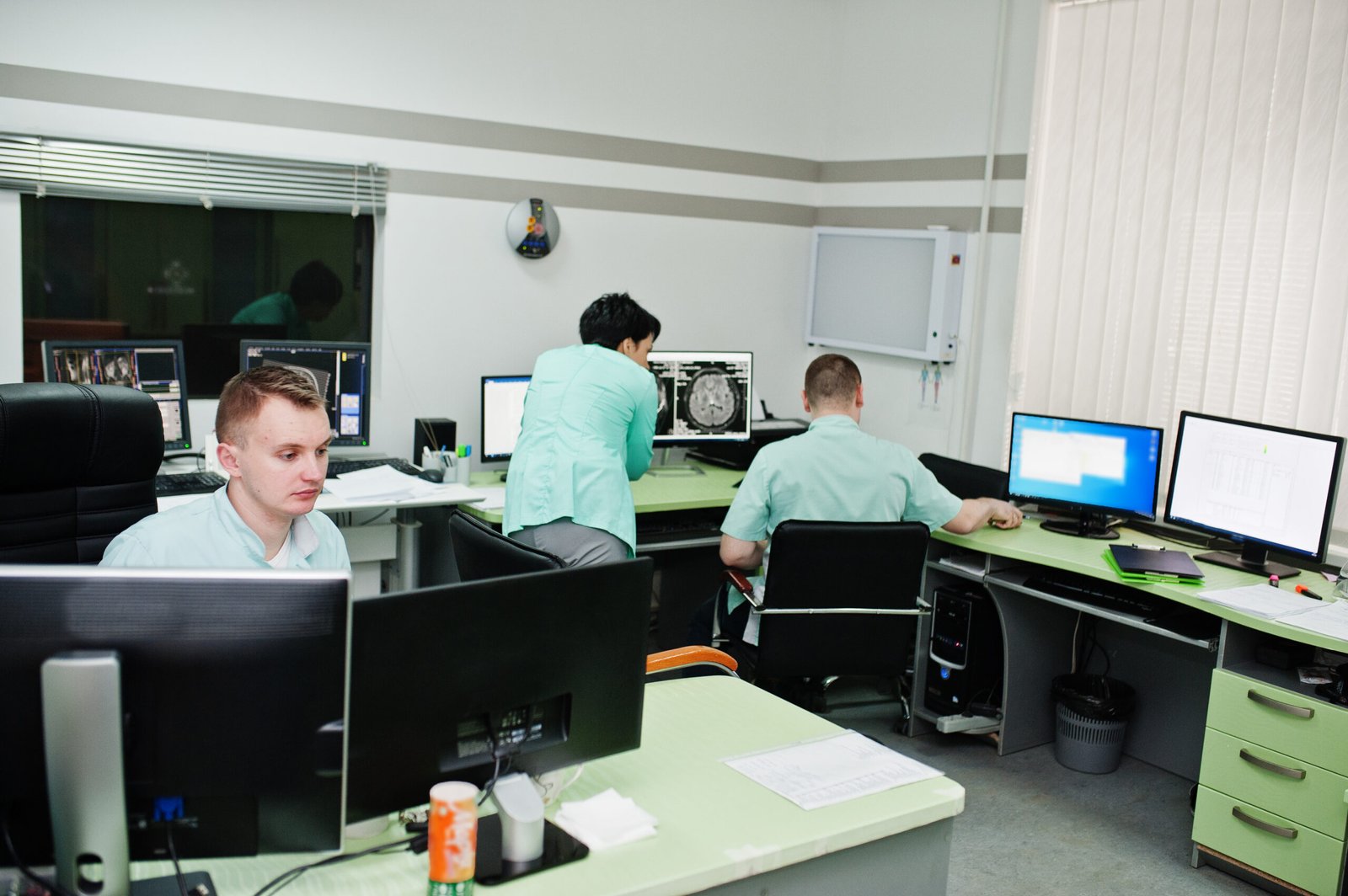An Introduction to Technology Incubation Centre

The tech scene of today depends on creativity. But turning a great concept into a profitable company calls for infrastructure, tools, and direction in addition to imagination.‘Technology Incubation Centre’ shine here. Acting as launchpads for entrepreneurs, these specialised hubs support organised development, innovation, and growth. For IT entrepreneurs, they represent the means to realise dreams.
But why are these incubation facilities so important in the corporate environment of today and exactly what are they? Come explore with me.
What is a Technology Incubation Centre?
A Technology Incubation Centre (TIC) is a facility or organised program intended to assist early-stage technological and innovative enterprises. Their goal is to close the distance separating the conceptualisation of an idea from its actual application on the market.
Usually providing mentoring, office spaces, funding sources, networking possibilities, and access to cutting-edge tools and resources, such institutes also offer These essentially give startups the environment they need to flourish, therefore reducing the hazards involved in entrepreneurship.
The Part Technology Incubation Centres Play in Supporting Startups
Startups generally have difficult problems: limited resources, inexperience, inadequate contacts, and more. With their complete support systems, Technology Incubation Centers help greatly to reduce these challenges.
- Mentorship and Guidance
Tics heavily include seasoned business professionals and industry experts. They help entrepreneurs in honing their objectives, improving their business models, and negotiating the challenges of creating a callable company.
Financial Support
Many incubation facilities directly or indirectly help entrepreneurs to get much-needed money, either through venture capital ties or first grant funding.
Networking Opportunities
Many times, entrepreneurs undervalue the value of solid networks. TICs provide venues for startups to meet possible funders, partners, and collaborators thereby quickening their expansion.
Technical Resources
World-class facilities, labs, and technologies that let startups prototype, test, and easily develop products abound on many Tics.
For startups trying to get momentum rapidly, these characteristics generally translate into a major drop in both time and risk.
Advantage for Innovators and Tech Entrepreneurs
Participating in a Technology Incubation Centre guarantees entrepreneurs exploring unknown fields a world of advantages. Startups stand to benefit from following here:
- Cost Savings: Reduced rates of modern office premises, resources, and services reflect their value. This guarantees access to necessary infrastructure and removes the need for large upfront investments.
Expertise Boost:Access to seminars, training courses, and mentors allows business owners to greatly speed their learning curve.
Rapid Market Entry: Startups can lower time-to—-market for their products by improving fundamental strategy and running controlled environment prototype tests. - Collaborative Community:Working with like-minded people, entrepreneurs help to promote innovation, creativity, and teamwork.
Basically, incubation centres are virtual “zero-gravity rooms” where businesses may test and refine their ideas free from the continual force of market pressures.
How to Get Started in a Technology Incubation Centre
Would like to participate in a technological incubation program? This is a detailed road map to get going.
- Research Centres That Align with Your Vision
Look for incubator facilities with domains of expertise. Some initiatives, for example, centre on fin tech while others can be aimed at biotech or software engineering.
- Develop a Compelling Pitch
Most Tics want a strong commercial plan or prototype. Clearly state your concept, the issue it addresses, and your intended scale-up strategy.
Apply Early
Because incubation programs might be competitive, apply early on. Emphasise the special qualities of your idea and highlight its success possibilities.
Focus on Fit
Select an incubator with facilities, mentoring, and tools best fit for the demands of your startup.
- Engage Actively
Just getting a place in an incubation facility marks only the start. Use every tool, aggressively seek comments, and create enduring relationships.
Startups can exploit the advantages these facilities provide by fitly merging into the incubation ecology.
Success Stories of Startups from Technology Incubation Centres
Several internationally known companies have risen rapidly thanks in great part on Technology Incubation Centres. You might already be familiar with a few inspirational samples below.
- Dropbox
Driven by Y Combinatoric, Dropbox became a tech powerhouse by streamlining cloud storage options. Drew Houston, its creator, used program funds and mentoring to create what today is a billion-dollar company.
- Airborne
Another Y Combinatoric success: Airborne changed the travel business by allowing homeowners to let guests stay in their houses. Their incubation period helped polish their business plan and win important early-stage capital.
Reddit
Often referred to as “the front page of the Internet,” Reddit emerged from Y Combinatoric in 2005 and has since grown to be a primary gathering place for online communities all around.
- Twitch
Originally included on Justine’s platform, Twitch was developed and finally rose to be the top live-streaming source for gamer.
Instar
Enrolled in Y Combinatorics 2012 class, Instar improved grocery delivery systems by combining technology with ease of use to reach millions of consumers.
These kinds of cases show the great possibilities ‘Technology Incubation Centre’ have to shape world-class businesses.
The Future of Technology Incubation Centers
With increases in global innovation and digital transformation, Technology Incubation Centers are evolving to address emerging challenges and opportunities.
- Focus on Niche Industries
Expect more incubators to cater to specific industries such as GreenTech, HealthTech, and EdTech. This specialization allows for better-aligned resources and a more targeted approach.
- Remote Incubation
Serving startups regardless of geographic location, virtual setups are expected to grow, offering comprehensive online support for global entrepreneurs.
- Integration of AI and Advanced Tools
The use of AI to offer better insights, analytics, and scalable solutions will feature prominently in the future of incubation programs.
- Community-Driven Impact
Incubators will continue to focus on creating long-term, meaningful contributions to their communities—financially and socially—by encouraging sustainable businesses.
‘Technology Incubation Centre’ shaping how companies grow, emphasizing innovation and adaptability like never before.
Practical Advice for Aspiring Entrepreneurs
Making the most of a Technology Incubation Center starts with preparation. Here’s how new entrepreneurs can excel in such environments:
- Be proactive in learning and applying the guidance offered by mentors.
- Actively engage with the community—your peers may become future collaborators or partners.
- Take calculated risks and experiment within the secure framework of the incubation program.
- Focus on scaling sustainably. Remember, it’s not about how fast you grow but how strategically you do it.
Call to Action
Dynamic environments created to let IT entrepreneurs overcome challenges and prosper are Technology Incubation Centers. If you dream of being an innovator or entrepreneur, you have time now to act. Look at the several incubation programs, have that leap of faith, and join the ranks of businesses that turned ideas into reality.
Who know? The next Dropbox, Airbnb, or Twitch might well be you.


